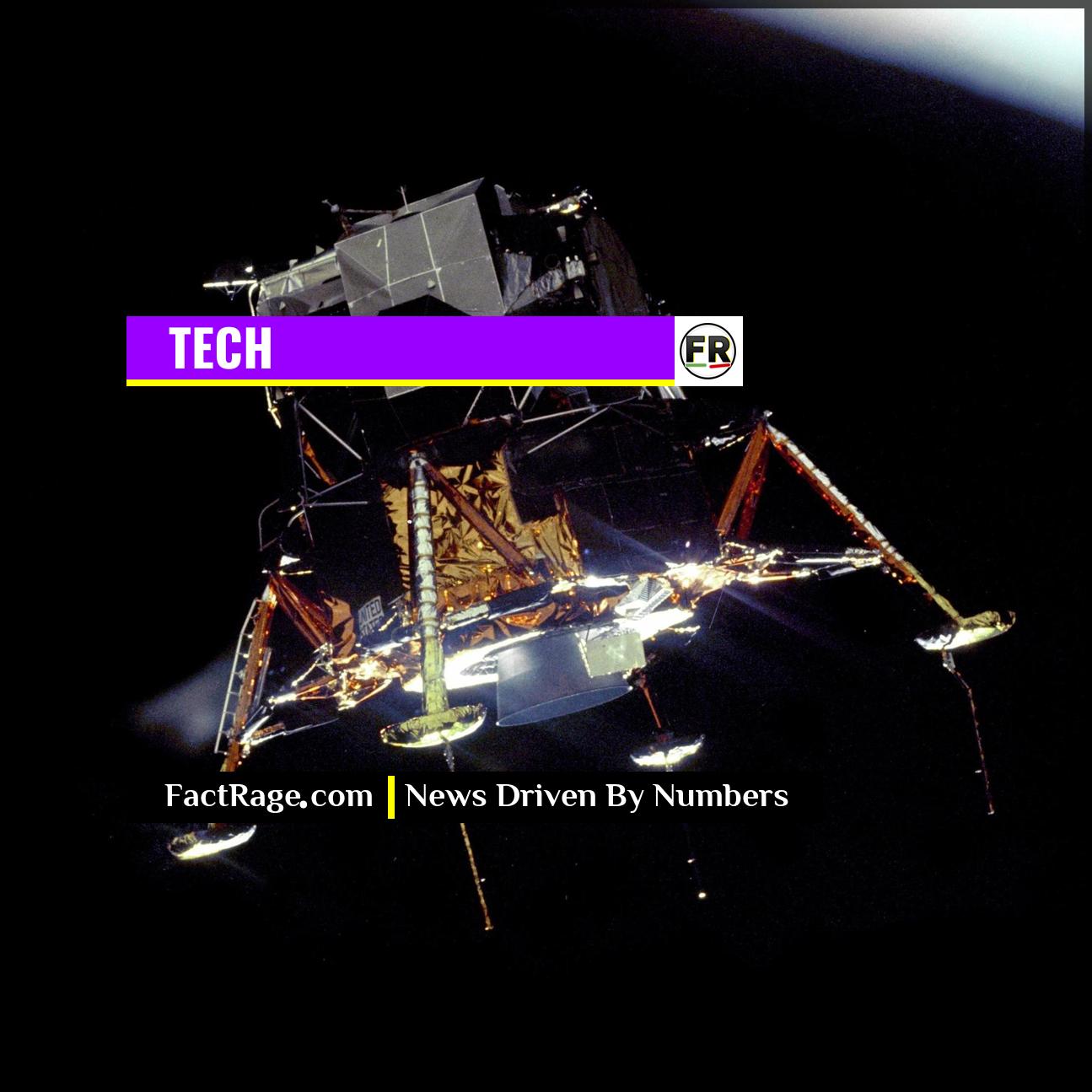HOLLYWOOD – Rumors of a new series in the ‘Dexter’ universe, reportedly titled ‘Dexter: Resurrection,’ are once again highlighting a dominant force in modern entertainment: the strategic revival of valuable intellectual property.
- The Revival Trend – A potential new ‘Dexter’ series for Showtime follows the ratings success of 2021’s ‘Dexter: New Blood,’ illustrating a wider industry strategy of leveraging established and beloved franchises.
- The Economic Incentive – Reboots and sequels offer a significant financial advantage by tapping into a pre-existing fanbase, reducing marketing risks and costs compared to launching entirely new concepts.
- The Creative Gamble – Studios face the difficult task of honoring the original material to satisfy loyal fans while updating the narrative to attract a new generation of viewers, a balance that is difficult to achieve.
This potential return to the world of the famed serial killer isn’t just an isolated event; it’s a case study in the economic and cultural calculus that now powers much of Hollywood’s production pipeline.
The Nostalgia Playbook
![]() When a familiar character returns to our screens, it’s more than a simple trip down memory lane. It represents a core pillar of modern Hollywood’s economic strategy, where proven intellectual property is treated as the ultimate blue-chip stock. The discussion around another ‘Dexter’ revival is a perfect case study in this new reality, revealing a masterclass in risk mitigation and nostalgia-fueled marketing.
When a familiar character returns to our screens, it’s more than a simple trip down memory lane. It represents a core pillar of modern Hollywood’s economic strategy, where proven intellectual property is treated as the ultimate blue-chip stock. The discussion around another ‘Dexter’ revival is a perfect case study in this new reality, revealing a masterclass in risk mitigation and nostalgia-fueled marketing.
Read On…
Here, we’ll break down the financial logic, the ratings data, and the creative tightrope walk that defines the reboot imperative.
Why ‘Dexter’ Again? The Proof is in the Numbers

The conversation around another ‘Dexter’ installment is fueled by concrete data. The 2021 limited series, Dexter: New Blood, was a massive success for Showtime and its parent company, Paramount Global. The series averaged over 8 million viewers per week across all platforms, making it the most-watched series in Showtime’s history. That level of engagement is a powerful signal to executives that audience appetite for the character remains strong, despite the controversial endings of both the original series and New Blood.
For streaming services like Paramount+, which are locked in a fierce battle for subscribers, content with built-in brand recognition is a critical asset. A title like ‘Dexter’ can drive new sign-ups and retain existing customers more effectively than an unknown property. The question for the studio is not just whether fans want more, but how to deliver it without repeating past mistakes.
The Calculated Business of Nostalgia
The ‘Dexter’ situation exemplifies a core tenet of the modern entertainment business: intellectual property (IP) is king. In an era of content overload, a familiar name cuts through the noise. This “nostalgia marketing” is a calculated strategy to minimize financial risk. Launching an original series requires extensive marketing to build awareness and an audience from scratch. A reboot, prequel, or sequel arrives with a dedicated fanbase, a well-established world, and immediate media buzz.
This model is visible across the industry. Disney has built its Disney+ strategy around expanding the Star Wars and Marvel universes. Warner Bros. Discovery continues to find new stories in the worlds of Harry Potter and Game of Thrones. These are not just creative decisions; they are portfolio management strategies. Each piece of legacy IP is an asset to be leveraged, repackaged, and resold to a new generation, providing a more predictable return on investment than a wholly original project.
Balancing Fan Service with Fresh Storytelling
The greatest challenge of the reboot is the creative tightrope walk it demands. On one side are the legacy fans, who hold deep attachments to the original characters and storylines. Deviate too far, and you risk backlash. On the other side is the need to tell a story that feels fresh, relevant, and accessible to viewers who may have no prior knowledge of the franchise.
Dexter: New Blood is a perfect example of this dilemma. The series was praised for bringing back Michael C. Hall and successfully recapturing the show’s tone, but its finale was just as, if not more, divisive than the original’s. This outcome highlights the immense pressure on creators. They are tasked with threading a needle—providing the comfort of the familiar while delivering the surprise of the new. Whether this trend ultimately energizes or stifles broader creativity remains a central debate within the industry.
The IP Endgame: More Than Just a Rewatch
![]() Ultimately, the potential return of a character like Dexter Morgan serves as a clear signal of Hollywood’s current operating system. The revival is no longer a novelty; it is a core business strategy designed to weaponize nostalgia in the fiercely competitive streaming wars. As studios continue to mine their archives for proven hits, the central tension remains: how to balance the predictable rewards of the familiar with the cultural necessity of creating something entirely new.
Ultimately, the potential return of a character like Dexter Morgan serves as a clear signal of Hollywood’s current operating system. The revival is no longer a novelty; it is a core business strategy designed to weaponize nostalgia in the fiercely competitive streaming wars. As studios continue to mine their archives for proven hits, the central tension remains: how to balance the predictable rewards of the familiar with the cultural necessity of creating something entirely new.














